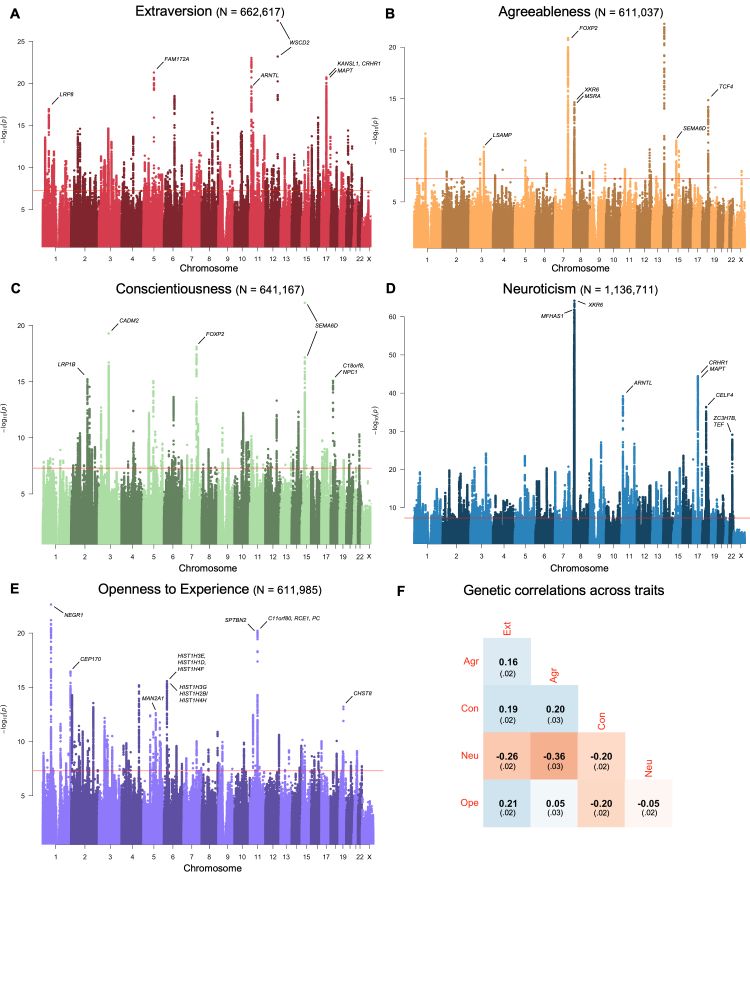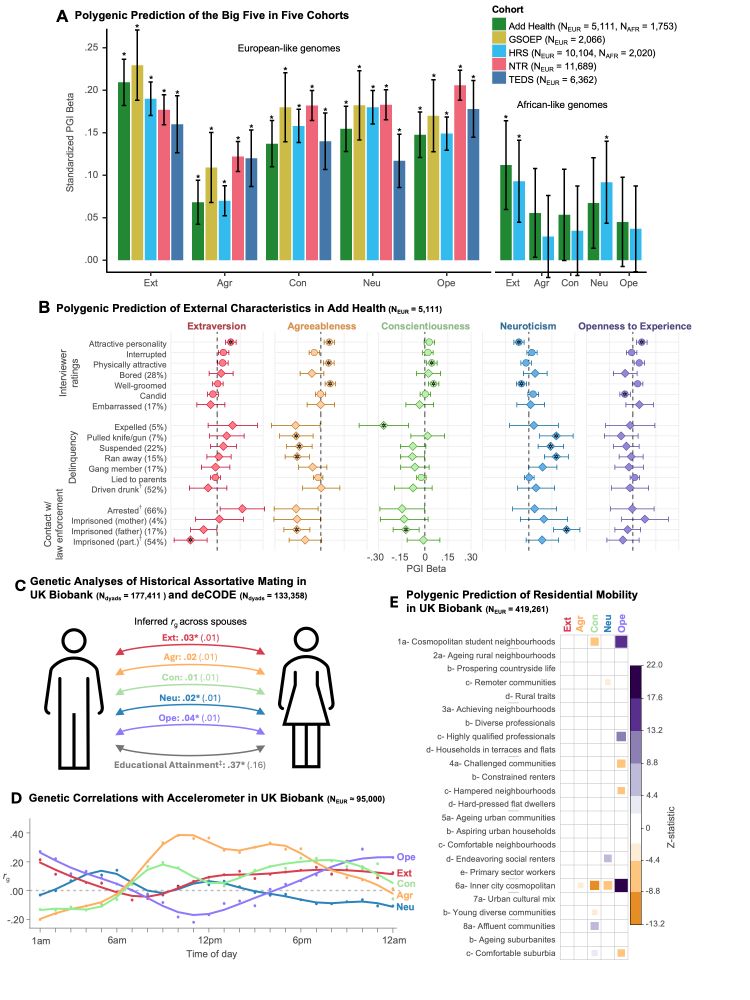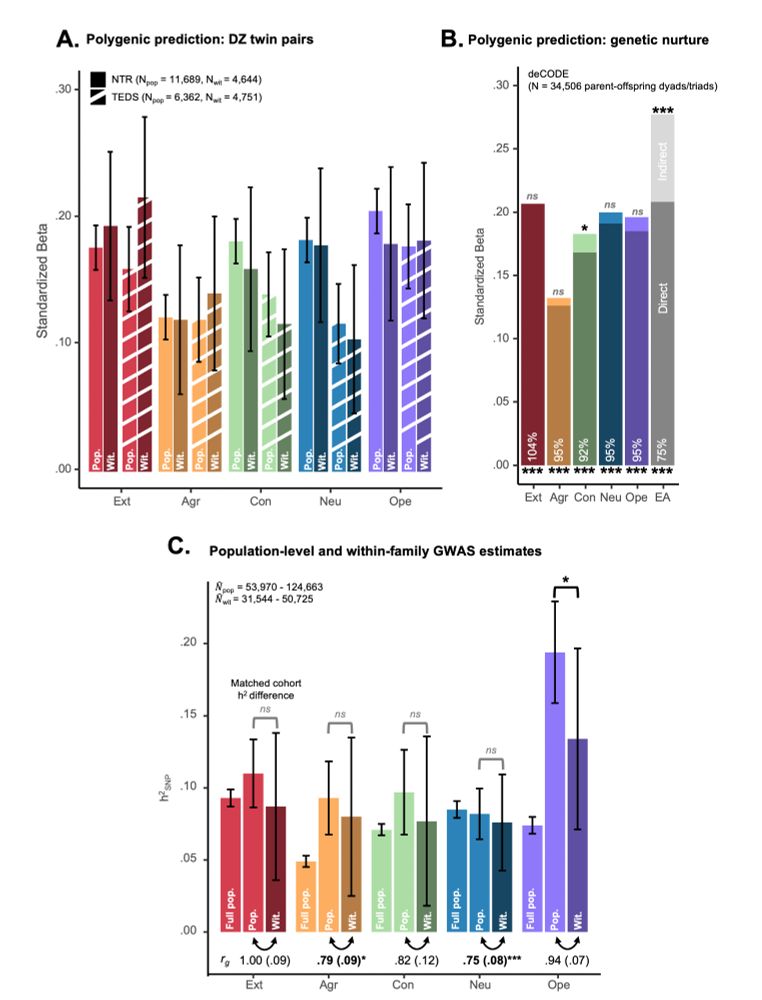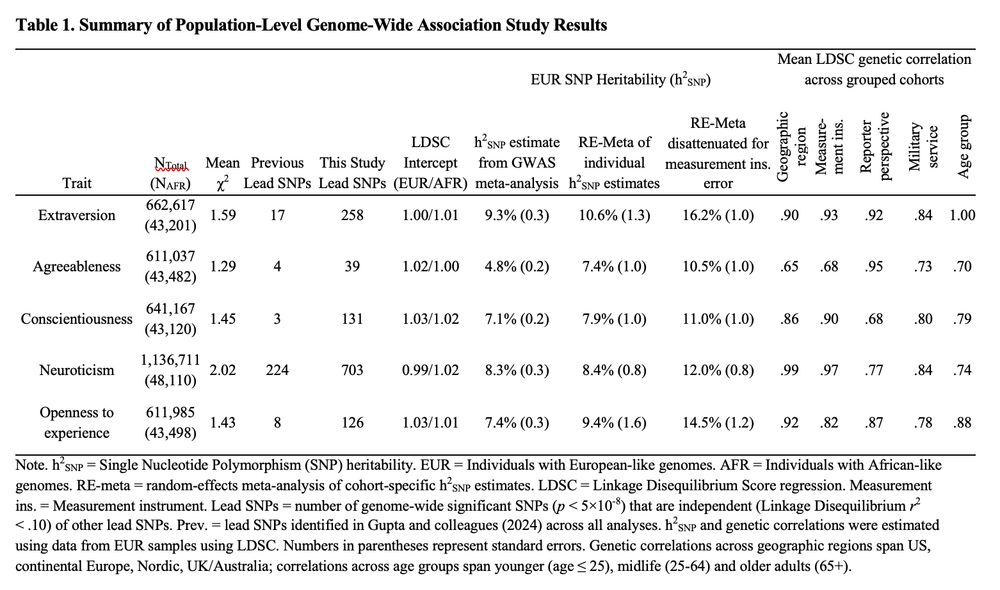Courtland Hyatt
@courtlandhyatt.bsky.social
190 followers
140 following
16 posts
Asst Prof @ Emory, Clinical Psychologist @ Emory Healthcare Veterans Program. Professionally interested in aggression, personality, PTSD, open science. Personally interested in music, UGA football, Braves baseball🤘🏼
Posts
Media
Videos
Starter Packs
Reposted by Courtland Hyatt
Reposted by Courtland Hyatt
Reposted by Courtland Hyatt
Reposted by Courtland Hyatt
Reposted by Courtland Hyatt
Nate Phillips
@nphillips36.bsky.social
· May 14






